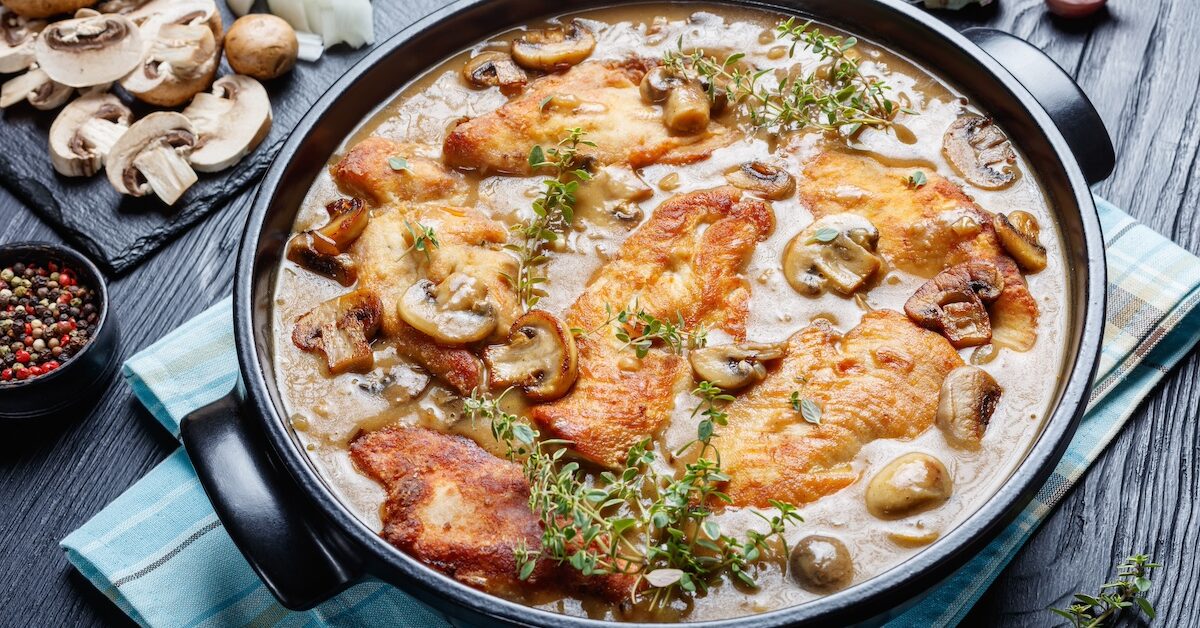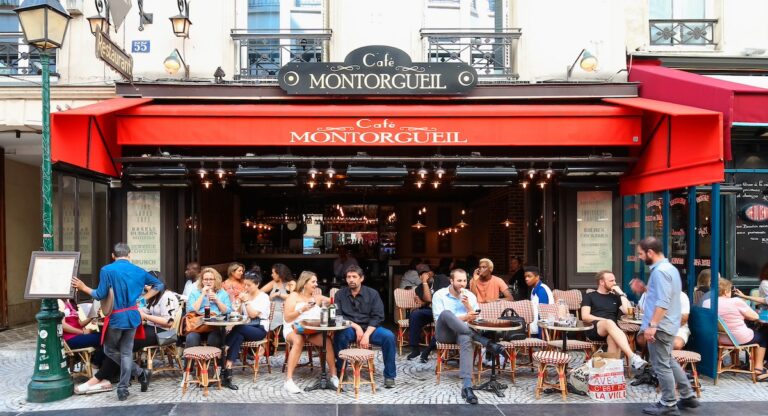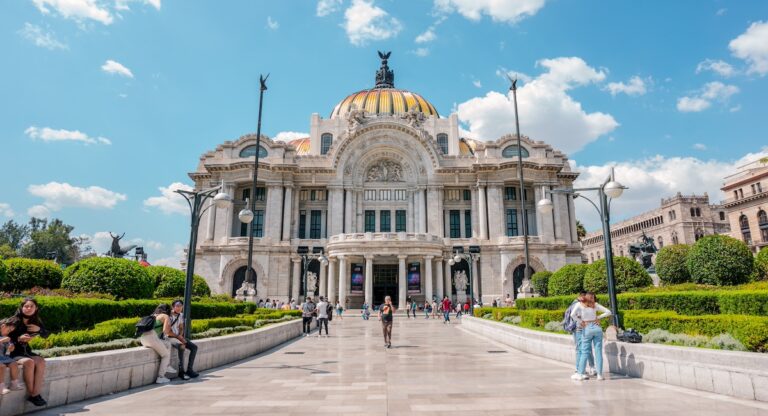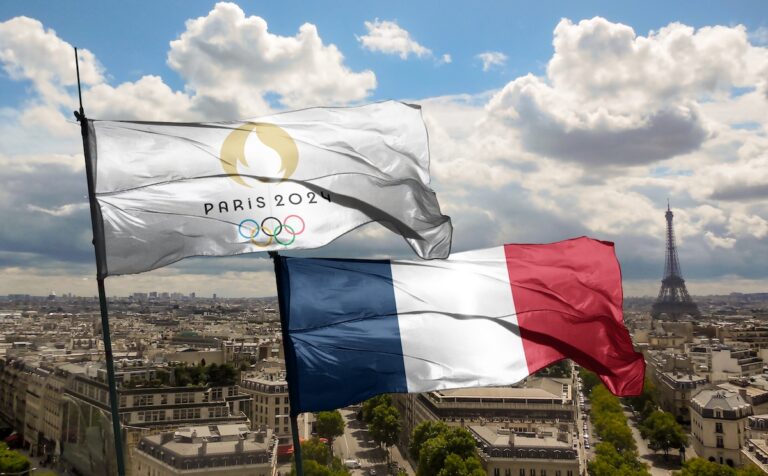Last night, while catching up with an old friend over dinner, I was stumped by a French culinary question. We were talking about French food in America, and my friend said that, having grown up on Long Island with pretty much no access to French food, he couldn’t even name a well-known French dish. Except, he mentioned, Chicken Marseille.
“Do you mean chicken marsala?” I asked, perplexed. I had never heard of a dish called Chicken Marseille, and the only thing I could think of was that it was one of those weird regional pronunciations (like how capicola became “gabagool” in parts of Jersey). My friend described the dish, and I insisted that it sounded like chicken marsala, which I knew as an Italian dish.
I ended up researching chicken marsala and discovered that its origins are, in fact, highly contested. Though today it’s largely an Italian-American dish, many people seem confused about whether it comes from Italy or from France. Made with mushrooms, cream, chicken stock, shallots, and a reduction of fortified Marsala wine (though my stepdad always added cognac when we ate it growing up), there is definitely some undeniable French influence on this dish, despite its Italian name.
To add to the confusion, I did find several recipes called Chicken Marseille or Chicken Marseilles, none of which resembled each other, which I can only assume means that my initial assumption was right, and that these dishes are some kind of misinterpretation of chicken marsala.
The most likely explanation that I found for the origins of chicken marsala is that it comes from Sicily, where French chefs (called “Monzu,” a Sicilian interpretation of “Monsieur”) cooked for the well-heeled of Sicilian society. Since French cuisine was considered high status, many French techniques were used in place of classic Southern Italian tomato-based sauces, which is how chicken marsala came into existence. It was later brought to the U.S. by Sicilian immigrants, and was gradually incorporated into the American culinary landscape.
The nebulousness of the origins of many dishes, particularly dishes labeled as “French,” is a gray area rife with marketing opportunities. In the eastern part of the South of France, many dishes share influence with Italy, while in the southwest they often come from Spain. In Alsace, in the northeast corner of France, dishes like quiche Lorraine and tarte flambée have German origins. Even the baguette can be traced back to Austria! But we love to call things French, if they have the smallest hint of French influence: French fries (which are from Belgium), French toast (which comes from ancient Rome), French bread (which is really from New Orleans). When it comes to food, anything can be French, if you set your mind to it.
Personally, I’ll skip the chicken marsala in favor of this roast tarragon-cognac chicken recipe adapted by Melissa Clark.
New Yorkers…
If you enjoyed Justine Triet’s Oscar-winning French film Anatomy of a Fall, you can catch a complete retrospective of her films, which will be shown at FIAF throughout the month of April as part of the series, Justine Triet: Anatomy of a Filmmaker.
Ciao,
Catherine Rickman
Managing Editor, frenchly.us
Stay in touch! I’d love to hear from you: [email protected].






